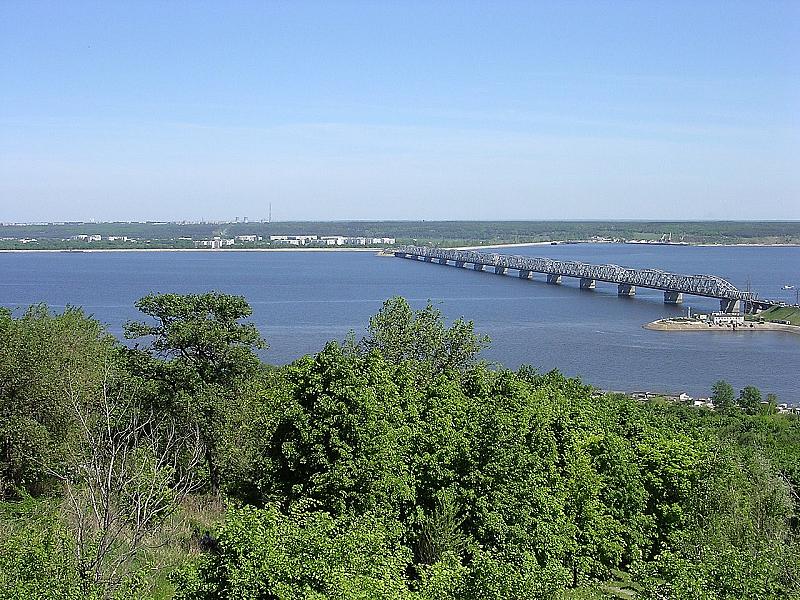Reports have been circulated in the Russian media about Deputy Prime Minister Vitaly Savelyev addressing President Vladimir Putin with a special letter. According to the information, Savelyev stated to Putin that the project aiming to deepen the Volga-Caspian Sea shipping canal from 4.2 meters to 4.5 meters over a 188-kilometer section is not efficient and proposed stopping the project's funding. The Deputy Prime Minister emphasized that the project is extremely costly and investing large finances into it at this time is unnecessary.
Medianews.az notes that the discussion is actually about a project that Russia began implementing years ago to prevent the shallowing of the Caspian Sea. The Volga is one of the largest rivers flowing into the Caspian, and the partial drying of the Caspian Sea is primarily due to the Volga.
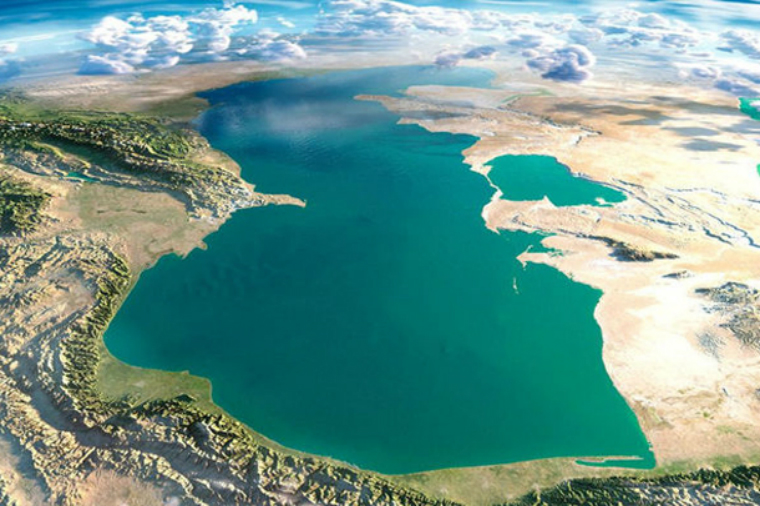
It should also be recalled that just before the news of Vitaly Savelyev's letter to Vladimir Putin emerged, at the beginning of August, a meeting was held in Baku at the government officials level of the Caspian littoral states. The meeting discussed the main directions of joint efforts to reduce the negative impacts of the shallowing of the Caspian Sea.
During the meeting, Azerbaijan's Deputy Prime Minister Shahin Mustafayev touched upon environmental challenges, emphasizing that the decline in water levels is causing concern throughout the region. He noted that this issue was raised by the President of Azerbaijan at the 2022 Ashgabat Summit and preparations are ongoing for the first meeting of the five-party expert group to be held in Baku.
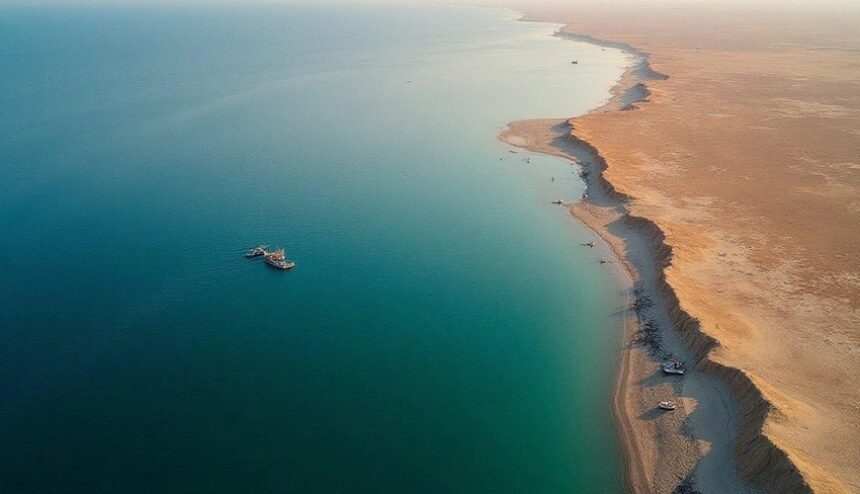
Additionally, the event featured extensive discussions on the socio-economic and ecological aspects of the changes occurring in the Caspian Sea ecosystem. The possible effects of changes in water levels on coastal living conditions and regional development processes were highlighted.
Sh. Mustafayev stated that in order to minimize the negative effects of level changes, it is necessary to expand scientific research cooperation and implement joint programs in the fields of fisheries, shipping, and biodiversity conservation.
During the meeting, an initiative was put forward to launch a multilateral interaction mechanism, which would enable the development of common standards and approaches for studying the changes taking place in the Caspian Sea.
If Vladimir Putin accepts Vitaly Savelyev's proposal and Russia halts the project aimed at preventing the shallowing of the Caspian Sea, what would happen? Is the project really inefficient as mentioned in Savelyev's letter? Are there real environmental factors for abandoning the project, or is this idea based only on political factors? How credible is it that Russia will stop this project, meaning President Putin will accept Savelyev's proposal?
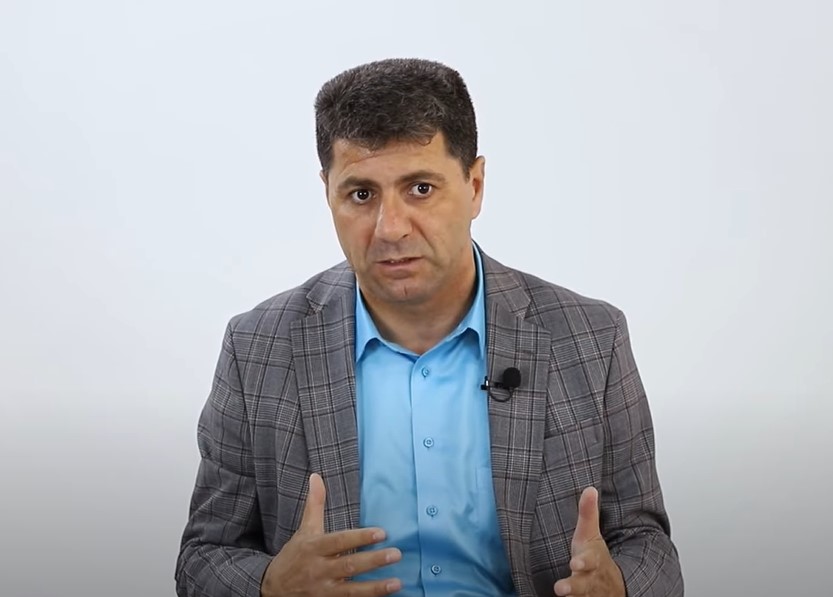
Talking to Medianews.az about the topic, environmental issues expert Rovshan Abbasov stated that Russia’s incorrect water management plays a major role in the Caspian’s current condition: "This incorrect management is based on building as many reservoirs as possible on the Volga River. It has reached the point where the total area of these reservoirs reaches 25 thousand square kilometers. Take the Rybinsk and Samara reservoirs, for example. These two huge reservoirs could be called not reservoirs but seas. Such large reservoirs increase the evaporation of water. Water evaporates more strongly from the surface of the reservoir. As a result, the volume of water in the Volga River decreases. At the same time, the Caspian is drying, and the water level in the sea is dropping."
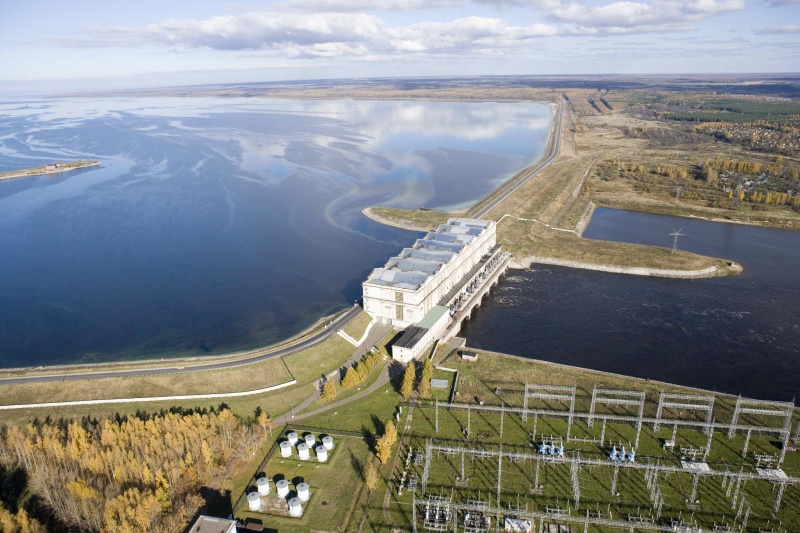
"First and foremost, I would address Russian authorities and say that the causes of the problem must be eliminated. Without this, it is impossible to solve the problem. If the reasons causing the shallowing are removed, the Caspian Sea level will be restored and there will be no need to dredge the canal beds. I actually see deepening of the canals as an artificial activity. It is like giving painkillers to a sick person. Such methods do not solve the problem; they only alleviate it for a while. I believe more fundamental solutions should be sought and found. One of these solutions is to restore the water of the rivers flowing into the Caspian. Here again, Russia must be emphasized first, because more than 80 percent of the water flowing into the Caspian through rivers comes from the Volga. Therefore, urgent steps should be taken to implement integrated basin management in the Volga basin. Water losses must be prevented. The obsession with creating new seas has brought us to the danger of losing a large sea," he said.
Naile Gasimova,
Medianews.az
Note: The article was prepared on the topic "Ecology and Environmental Protection" with financial support from the Media Development Agency of the Republic of Azerbaijan and in accordance with the competition conditions.


